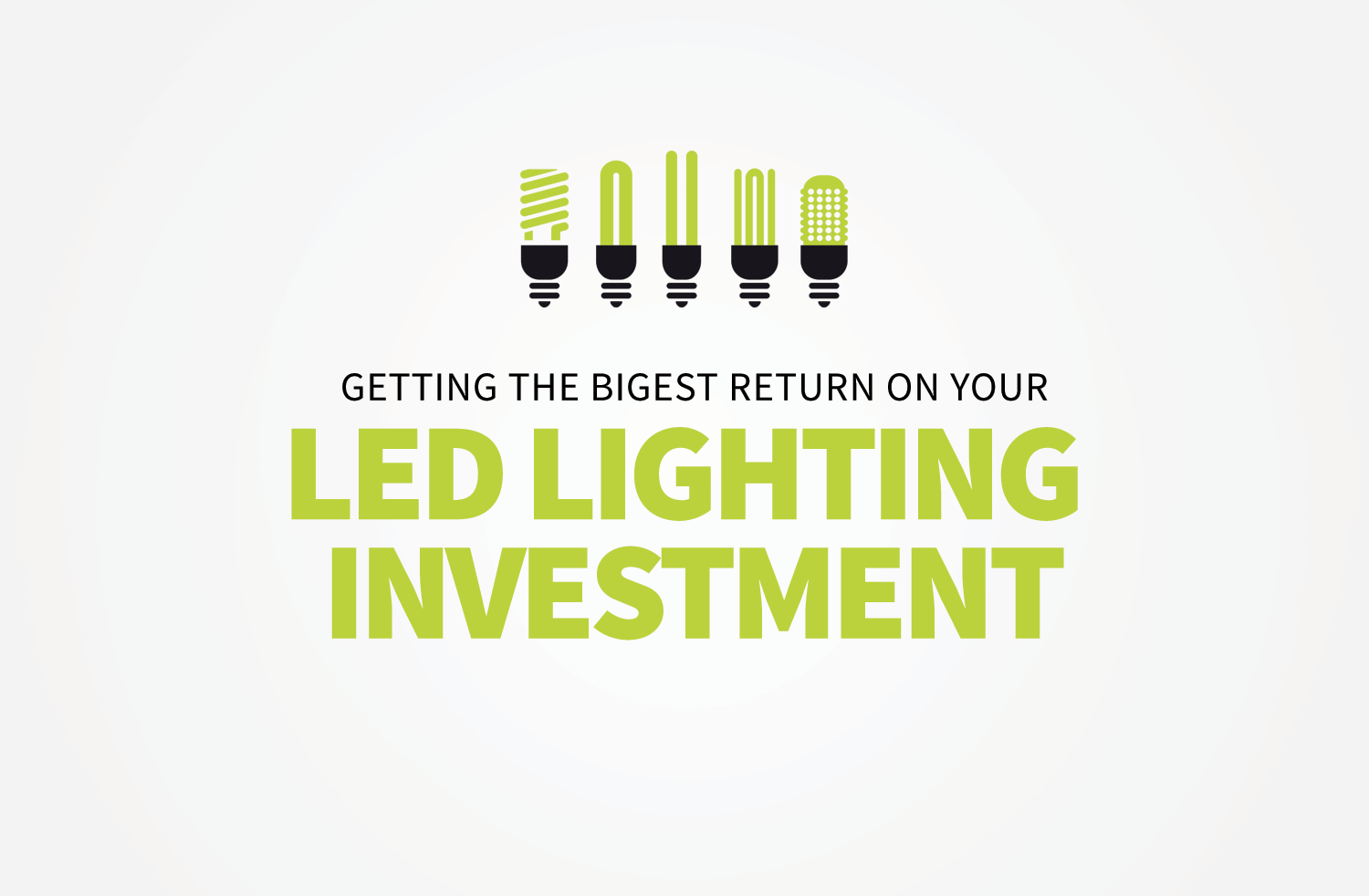Optimize with LED Lighting

- LED University
- By Vennard
[fusion_text]
[/fusion_text][separator style_type=”none” top_margin=”75″ bottom_margin=”” sep_color=”” border_size=”” icon=”” icon_circle=”” icon_circle_color=”” width=”” alignment=”center” class=”” id=””][title size=”1″ content_align=”left” style_type=”default” sep_color=”” class=”” id=””]Lumens / Watts[/title][fusion_text]
[/fusion_text][separator style_type=”none” top_margin=”75″ bottom_margin=”” sep_color=”” border_size=”” icon=”” icon_circle=”” icon_circle_color=”” width=”” alignment=”center” class=”” id=””][title size=”1″ content_align=”left” style_type=”default” sep_color=”” class=”” id=””]Feature Comparison[/title][fusion_text]
[/fusion_text][separator style_type=”none” top_margin=”75″ bottom_margin=”” sep_color=”” border_size=”” icon=”” icon_circle=”” icon_circle_color=”” width=”” alignment=”center” class=”” id=””][/one_full]
LED Lighting is effective, efficient and environmentally responsible lighting.
There are many advantages of LED light bulbs over the compact fluorescents and incandescent bulbs. Just to name a few, LEDs are long-lasting, very durable, mercury-free, more efficient, and cost-effective. LEDs are becoming more and more popular commercially due to the high maintenance cost of standard lighting. Whereas the average lifetime of incandescent light bulbs and compact fluorescents range from 1,200 hours to 10,000 hours, the average lifespan for LEDs is 50,000 hours. By replacing with LEDs, the time interval in between replacements goes from about once a year to approximately once every 20 years. Incandescent bulbs are being phased out due to their high heat production as well as their low efficiency to high voltage used ratio. LED-based lighting fixtures can achieve efficacies ranging from 25 LPW to over 80 LPW, compared to an incandescent efficacy of 5-10 LPW. LEDs produce little heat, so it does not affect the ambient temperature which saves the consumer in AC energy costs. LEDs do not contain hazardous materials as compared to mercury vapor (5 mg mercury/bulb) in compact fluorescent bulbs. You will find below comparison charts detailing the difference between LEDs, compact fluorescents, and incandescent bulbs.[/fusion_text][one_full last=”yes” spacing=”yes” center_content=”no” hide_on_mobile=”no” background_color=”” background_image=”” background_repeat=”no-repeat” background_position=”left top” border_size=”0px” border_color=”” border_style=”” padding=”” margin_top=”” margin_bottom=”” animation_type=”” animation_direction=”” animation_speed=”0.1″ class=”” id=””][title size=”1″ content_align=”left” style_type=”default” sep_color=”” class=”” id=””]Light Comparison Chart[/title][fusion_text]| PRODUCT FEATURE | LED | Incandescent | CFL |
|---|---|---|---|
| Estimated Lifespan (Bulb Hours) | 50,000 | 1,200 | 10,000 |
| Watts per Bulb | 6 | 60 | 14 |
| Cost per Fixture (Bulb) | $35.95 | $1.25 | $3.95 |
| kWhrs used over 50k hrs | 300 | 3000 | 700 |
| Total Electrical Cost (@0.20 kWh) | $60.00 | $600.00 | $140.00 |
| Replacement bulbs needed (>50k hrs) | 1 | 42 | 5 |
| Total Replacements cost | $35.95 | $52.50 | $19.75 |
| Total Cost Incurred @50k hrs | $95.95 | $652.50 | $159.75 |
| Light Output (Lumens) | LEDs (Watts) | CFLs (Watts) | Incandescents (Watts) |
|---|---|---|---|
| 450 | 4-5 | 8-12 | 40 |
| 300-900 | 6-8 | 13-18 | 60 |
| 1100-1300 | 9-13 | 18-22 | 75-100 |
| 1600-1800 | 16-20 | 23-30 | 100 |
| 2600-2800 | 25-28 | 30-55 | 150 |
| LED | Incandescent | CFL | |
|---|---|---|---|
| Frequent on / off Cycling | no effect | shortens lifespan | some effect |
| Turns on Instantly | yes | slight delay | yes |
| Durability | durable | fragile | fragile |
| Heat Emitted | low (3btu’s/hr) | medium (3btu’s/hr) | high (85 btu’s/hr) |
| Sensitivity to Temperature | no | yes | some |
| Sensitivity to Humidity | no | yes | some |
| Hazardous Materials | none | 5 mg mercury/bulb | none |
| Replacement Frequency (over 50k hrs) | 1 | 5 | 40+ |


